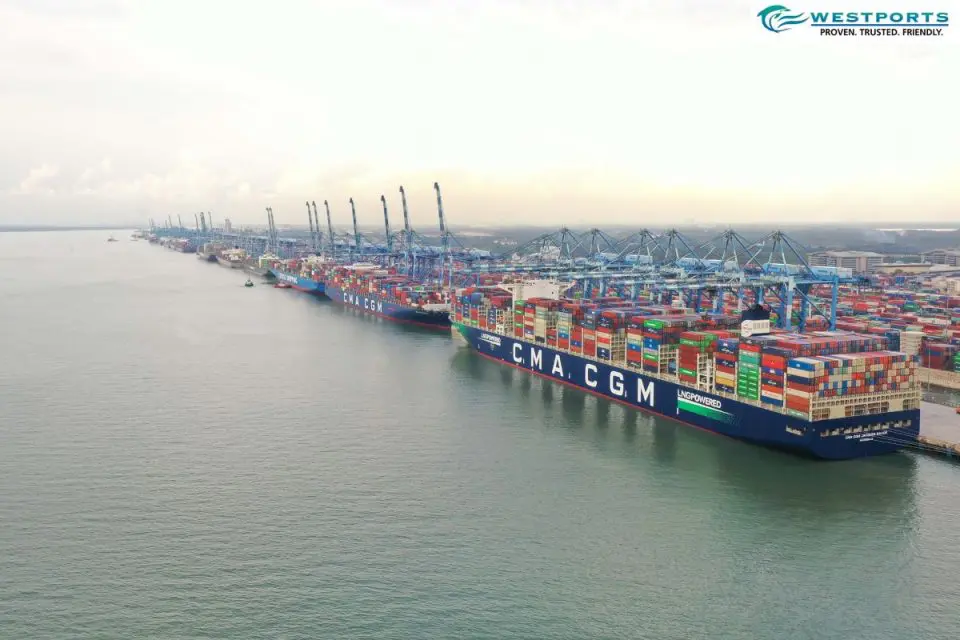KUALA LUMPUR, Jan 15 — The Federation of Malaysian Manufacturers (FMM) has called upon Malaysian shippers to brace for prolonged disruptions in the Red Sea, following the escalating security crisis unfolding in the region which has forced shipping firms to divert vessels to a much longer route.
Its president, Tan Sri Soh Thian Lai, urged shippers, including exporters and importers, to refine their business strategies to safeguard their supply chains, minimise delays to meet customer demands and reduce the impact of the situation in the Red Sea.
Given the fluctuating freight rates and uncertain transit times, FMM suggested that shippers prepare container bookings and shipping schedules preferably one month in advance for exports to affected markets.
“For goods that are not time-sensitive, it is advisable to wait until the first few weeks of February during the Chinese New Year holiday as freight costs are expected to decrease during this period,” said Soh.
He also urged shipping companies to honour the pre-booked freight rates given to Malaysian shippers, without adjustments.
“Any announcement on new increases in freight rates or introduction of surcharges should be communicated transparently and negotiated directly with shippers to allow exporters to plan and negotiate with their importers,” he said in a statement today.
Additionally, FMM also recommended manufacturers shift their dependence to Southeast Asia by nearshoring and sourcing from within the region, not just to save cost but also ensure supply-chain security due to geopolitical uncertainties.
Soh said the varying levels of economic development in Southeast Asia and each country’s industry specialisation allow greater complementation between member countries.
“As Asean supply chains are also deeply integrated with Northeastern Asian neighbours, Malaysian manufacturing companies can build resilience by working closely with our Asean counterparts, not only as a source for inputs and a market for Malaysian exports but also for deeper integration of trade and investment.
“They can do so by leveraging the Regional Comprehensive Partnership Agreement, of which Asean is core, and the Comprehensive and Progressive Agreement for Trans-Pacific Partnership,” he noted.
Manufacturers should also consider combining different modes of transportation — sea, air, rail and road — to optimise shipping routes to reduce delays and lower shipping costs.
Soh said although air freights may not cater to large volumes of cargo, they can still offer more flexibility and exponentially reduce transit time for urgent shipments of high-value cargo.
“As we progress into 2024, the shipping disruption stemming from the Red Sea crisis may be compounded by other threats such as extreme weather events or shifting geopolitical tensions, which will further damage already distressed global supply chains.
“FMM urges the government to keep a close watch on the situation to ensure that the impact does not escalate and further burden businesses and the economy,” he added.
— Bernama





